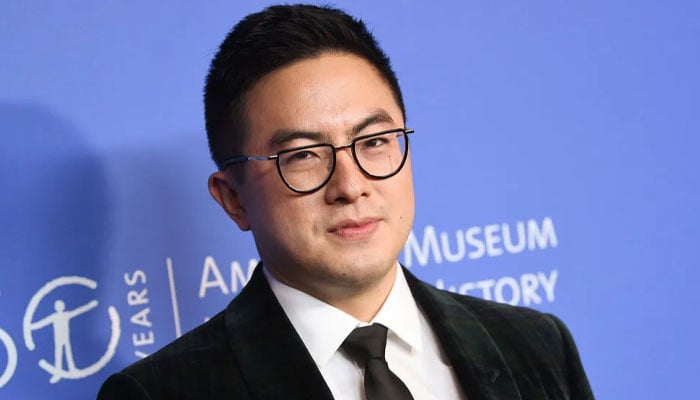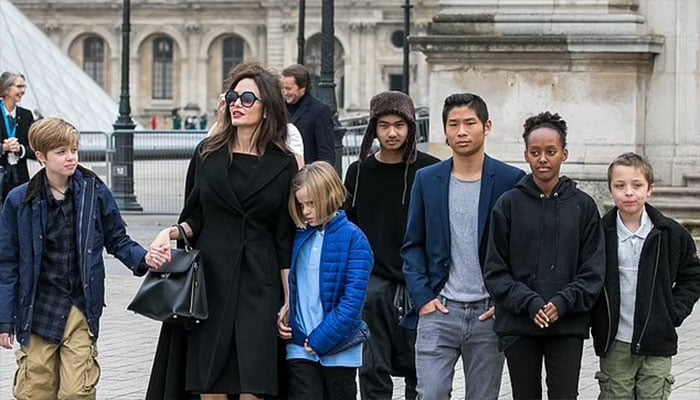

The 78th session of the UNGA yesterday adopted by consensus the resolution “Enhancing International Cooperation on Capacity-building of Artificial Intelligence” proposed by China and co-sponsored by over 140 countries.
The resolution reflects the extensive consensus among countries on enhancing AI capacity-building and speaks volumes about the political will of countries on enhancing capacity-building and bridging the AI divide through solidarity and cooperation.
The resolution, in line with the human-centric principle and the principle of artificial intelligence for good for all, is focused on AI capacity-building, stresses the importance of increasing the representation and say of developing countries in global AI governance, advocates a fair and nondiscriminatory business environment, supports the United Nations in playing a central role, encourages effective capacity-building assistance for developing countries through international cooperation and concrete actions, so as to realize the healthy and sustainable development of AI.
As the country that introduced the resolution, China followed the principles of transparency, openness, and inclusiveness during the discussions of the Resolution, widely accommodated legitimate opinions and suggestions, and strived to bridge the differences among all parties. China’s efforts were spoken highly of by all the member states. The adoption of the resolution reflects that the international community and particularly developing countries are paying great attention to capacity-building, and have the strong will of actively participating in global AI governance. China highly commends all the member states for their tremendous support for the resolution, and for their important contribution to its adoption.
China will take this adopted resolution as an opportunity to step up communication and cooperation with the international community, follow up on the implementation of the resolution, assist relevant countries in faster development of related capacities under the UN framework, so as to help achieve the UN Sustainable Development Goals for 2030 and jointly build a community with a shared future for mankind.




_updates-0.jpg)







